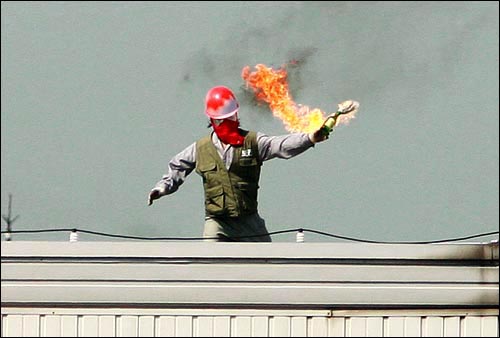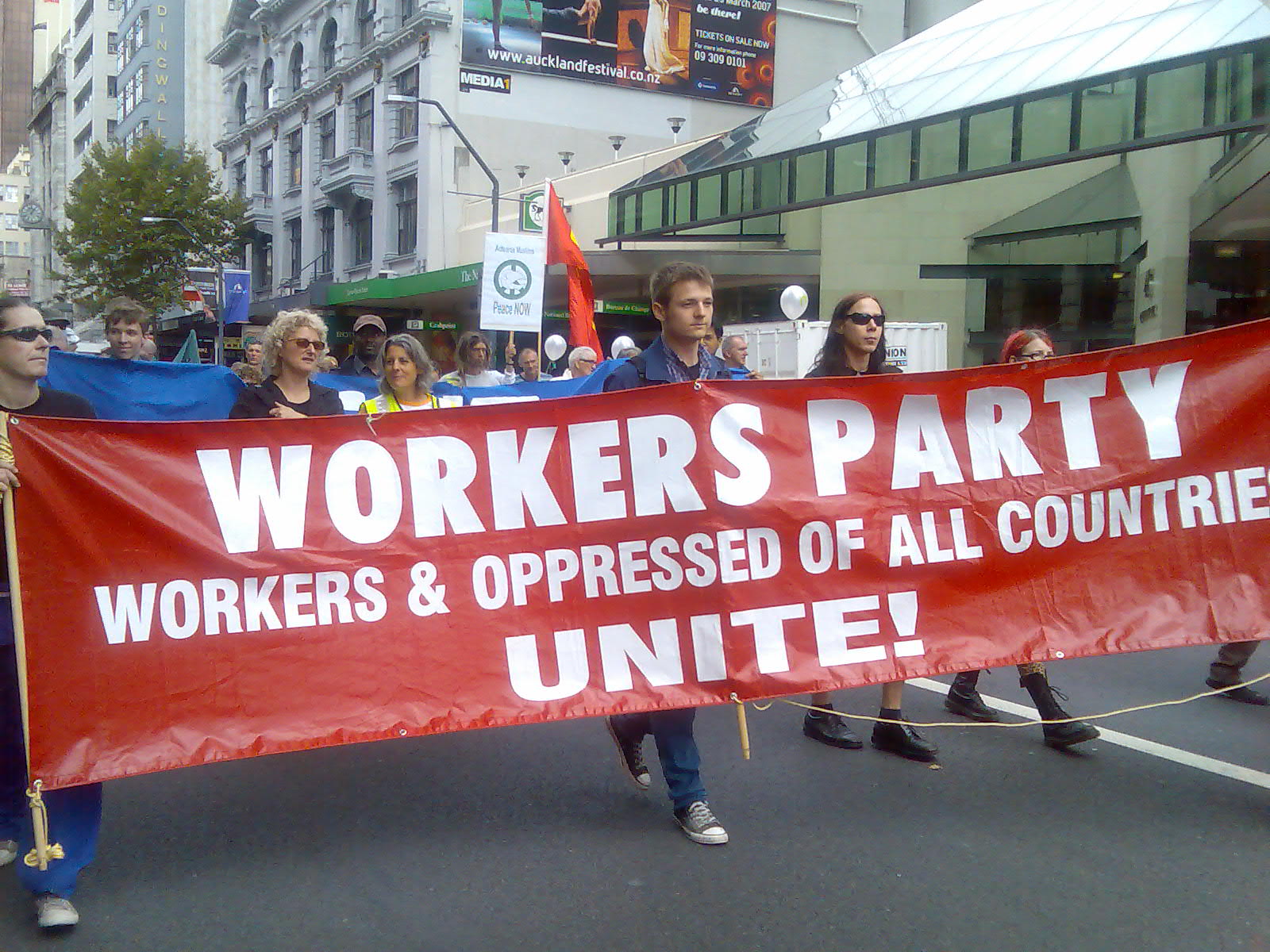Public Meeting: Wednesday 19th August 7pm Clubspace, University of Auckland (above the quad)
In 2008 hundreds of thousands of Koreans joined massive candle light vigils protesting the right-wing government of Lee Myung Bak. A wide cross section of people were angered by Lee’s policies of privatisation, attacks on public education and his decision to allow imports of US beef despite fears over Mad Cow Disease. Following the protests the government launched a heavy crack down on democratic freedoms. Riot police brutally attacked demonstrators. Many protest leaders were imprisoned.
Recently the occupation of the Ssangyong auto factory by 600 workers, facing off attacks by police helicopters, tear gas and tasers has received media attention around the World.
Jacob Lee, a member of the Korean socialist group All Together, will give a first hand account of the militant mass movements in Korea.
All welcome! (Organised by Socialist Aotearoa)



